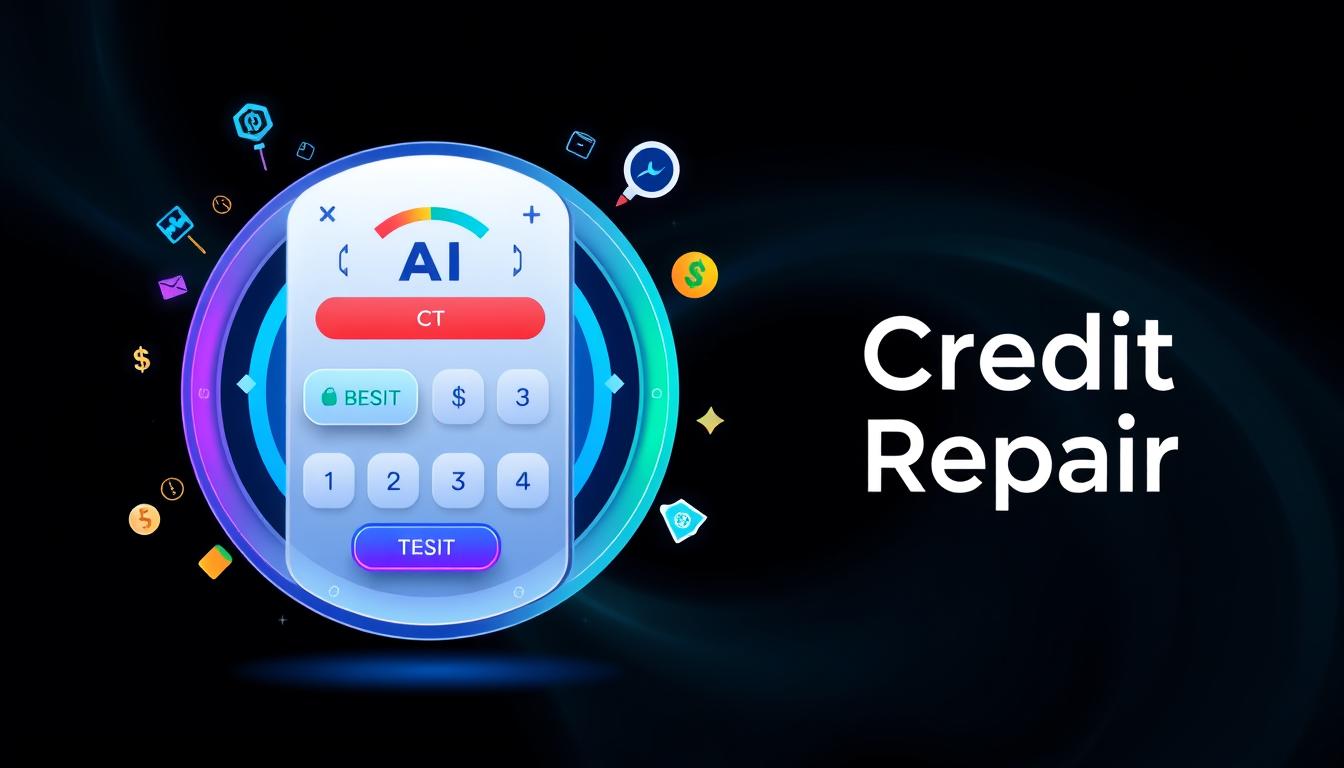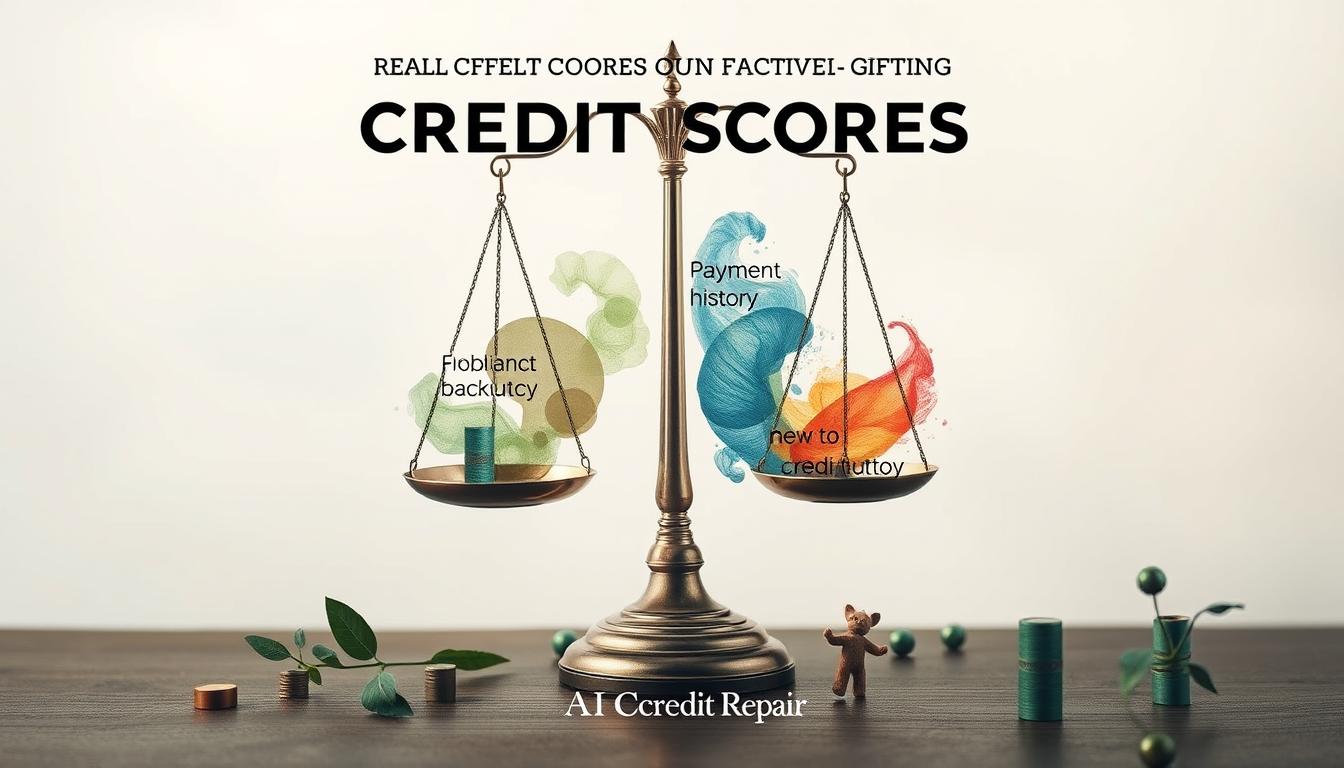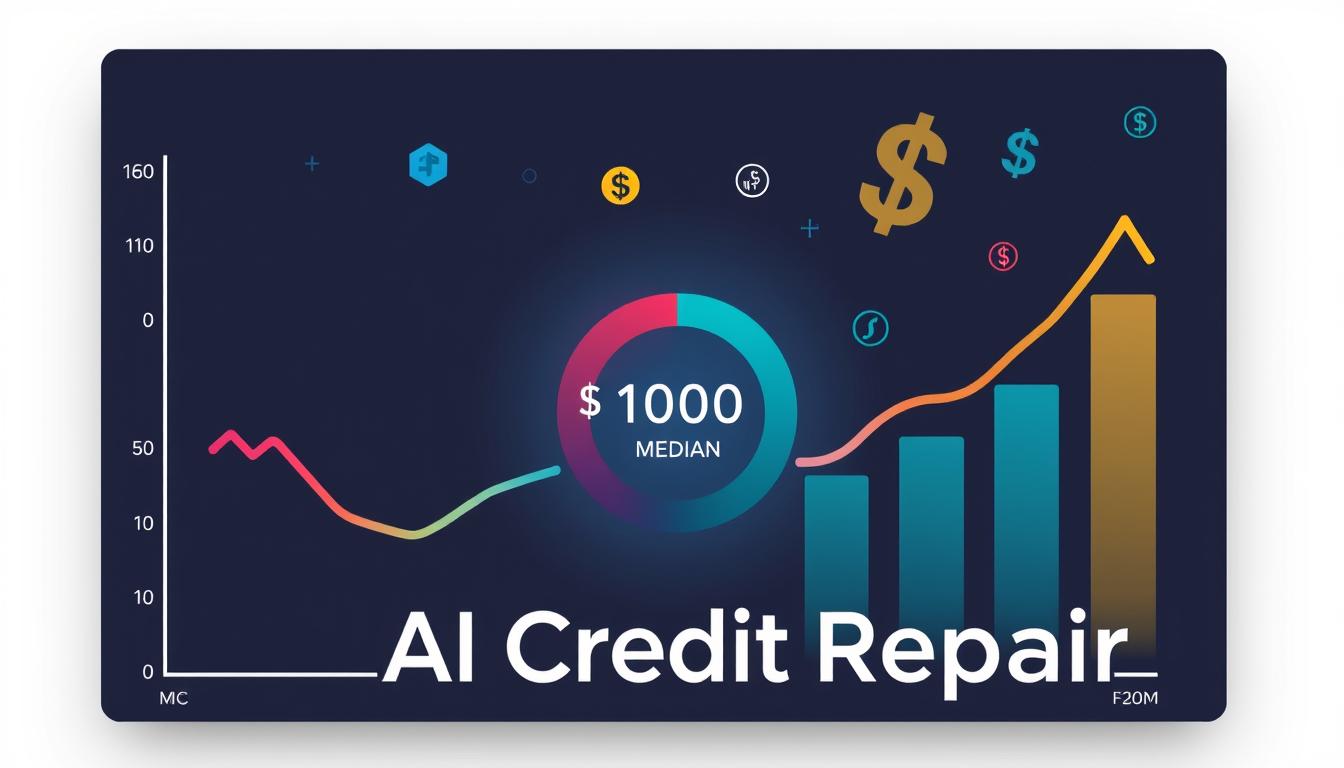Credit scores and bankruptcy can be confusing. It’s important to understand how Chapter 7 affects your creditworthiness. We’ll look at typical credit scores after Chapter 7 bankruptcy.
We’ll also explore factors that influence your post-bankruptcy credit score. Plus, we’ll share proven strategies for rebuilding your credit afterward.
Key Takeaways
- Chapter 7 bankruptcy can significantly impact your credit score, typically resulting in a significant drop.
- The extent of the credit score decline depends on various factors, including your pre-bankruptcy credit history and the timing of the bankruptcy filing.
- Rebuilding your credit after a Chapter 7 bankruptcy requires diligence, patience, and strategic financial management.
- Seeking professional guidance can help you navigate the post-bankruptcy credit landscape and develop a personalized plan for credit score recovery.
- Dispelling common myths about bankruptcy and credit scores is crucial for managing your financial future effectively.
Understanding Credit Scores and Bankruptcy
Your credit score is vital for financial health. A bankruptcy filing, like Chapter 7, can greatly affect it. Let’s explore how credit scores work and how bankruptcy impacts them.
How Credit Scores are Calculated
Credit scores use a complex formula considering various factors. These include payment history, credit use, and credit history length. The formula combines these elements to create a three-digit number.
This number shows your creditworthiness to lenders. They use it to assess lending risk and set credit terms.
The Impact of Bankruptcy on Credit Scores
Filing for Chapter 7 bankruptcy appears on your credit report. It can seriously damage your credit score for up to 10 years. This can make getting new credit, loans, jobs, or housing difficult.
The impact’s severity depends on several factors. These include your pre-bankruptcy credit history and the types of debts involved. How quickly you rebuild credit after discharge also matters.
| Factors | Impact on Credit Score |
|---|---|
| Payment History | Significant negative impact due to missed payments and delinquencies leading up to the bankruptcy. |
| Credit Utilization | Reduction in credit utilization, but the bankruptcy itself can have a substantial negative impact. |
| Length of Credit History | The bankruptcy can shorten the length of your credit history, which is a factor in your credit score calculation. |
| Types of Credit Used | The bankruptcy can limit the types of credit you can access, potentially affecting this factor. |
The impact of bankruptcy on your credit score calculation varies. Factors like how bankruptcy affects credit score and impact of Chapter 7 on credit depend on your situation.

Factors Affecting Your Credit Score After Chapter 7
Several factors influence your credit score after filing for Chapter 7 bankruptcy. These variables impact your post-bankruptcy credit standing and financial stability. Let’s explore key elements affecting your credit score after bankruptcy discharge.
Timing of Bankruptcy Discharge
The timing of your bankruptcy discharge is crucial. A Chapter 7 bankruptcy stays on your credit report for up to 10 years. However, its impact lessens over time.
Reestablishing positive credit habits quickly can help your credit score recover faster. Focus on building good financial practices as soon as possible.
Credit Utilization Ratio
Your credit utilization ratio greatly affects your credit score. This ratio compares your used credit to your total available credit. After bankruptcy, keep your credit utilization below 30% to show responsible management.
Payment History
Your payment history before and after bankruptcy is crucial. Make all payments on time and in full after bankruptcy. This helps rebuild your credit and shows financial responsibility.
New Credit Accounts
Adding new credit accounts strategically can improve your post-bankruptcy credit score. Consider secured credit cards or credit-building loans. These accounts can offset bankruptcy’s negative impact and show responsible credit management.
Understanding these key factors helps you take steps to improve your financial standing. You can work towards rebuilding a strong credit profile after bankruptcy.
| Factor | Impact on Post-Bankruptcy Credit Score |
|---|---|
| Timing of Bankruptcy Discharge | The sooner you can reestablish positive credit habits, the faster your credit score can start to recover. |
| Credit Utilization Ratio | Keeping your credit utilization low, ideally below 30%, can positively impact your credit score. |
| Payment History | Making all your payments on time and in full after the bankruptcy can help rebuild your credit. |
| New Credit Accounts | Strategically adding new credit accounts can help offset the negative impact of the bankruptcy. |

By addressing these factors that affect credit score after bankruptcy and variables that influence post-bankruptcy credit, you can rebuild your financial future. Take proactive steps to improve your overall credit standing.
What Will My Credit Score Be After Chapter 7?
After completing Chapter 7 bankruptcy, your credit score will likely change. There are typical ranges you can expect after this process. Let’s explore what might happen to your credit score.
Typical Credit Score Range After Chapter 7
Filing for Chapter 7 bankruptcy can lower your credit score by 130 to 200 points. The average credit score after chapter 7 usually falls between 500 and 600.
Your expected credit score range post-bankruptcy may vary based on your unique financial situation. Factors like credit history, debt levels, and post-bankruptcy financial management affect your score’s recovery.
- Those with a clean credit history may see scores rebound to 600-700 within 12-24 months.
- People with multiple negative items might stay in the 500-600 range for 2-4 years after bankruptcy.
The key to rebuilding credit after bankruptcy is developing responsible financial habits. Consistently demonstrating your creditworthiness over time will help improve your score.

“The financial impact of a bankruptcy can be significant, but with the right strategies, you can rebuild your credit and achieve your financial goals.”
Rebuilding Your Credit After Bankruptcy
Rebuilding credit after Chapter 7 bankruptcy is challenging but possible. With effective strategies, you can improve your credit profile and regain financial stability.
Strategies for Improving Your Credit Score
Here are proven steps to rebuild your credit after bankruptcy:
- Become an authorized user on someone else’s credit card: Ask a trusted person to add you to their account. This can boost your credit mix and history.
- Obtain a secured credit card: These cards need a refundable deposit as your credit limit. Use it wisely to build credit.
- Make timely payments on new credit accounts: Pay all bills on time. This is crucial for credit score post-bankruptcy improvement.
- Monitor your credit report and dispute errors: Check your report often. Contest any mistakes affecting your rebuilding credit after chapter 7.
Rebuilding credit takes time and patience. Follow these strategies to gradually improve your credit score post-bankruptcy.
Stay consistent in your efforts. You’ll see positive changes in your financial health over time.

“Rebuilding credit after bankruptcy is a marathon, not a sprint. Consistency and patience are key to seeing long-term results.”
The Importance of Credit Monitoring
Regularly monitoring your credit report and score is vital after filing for Chapter 7 bankruptcy. It helps identify errors, dispute discrepancies, and track your credit rebuilding progress. This practice is key to your financial recovery and future credit opportunities.
Regular credit monitoring enables you to stay informed about your credit profile changes. It helps you spot and address inaccuracies in your credit report. You can also observe your credit score’s gradual improvement over time.
- Stay informed about the changes in your credit profile
- Identify and address any inaccuracies or errors in your credit report
- Observe the gradual improvement of your credit score over time
- Detect any potential fraudulent activities or identity theft issues
Closely monitoring your credit monitoring after bankruptcy and importance of tracking credit post-chapter 7 is crucial. It allows you to take proactive steps to rebuild your credit. This paves the way for a stronger financial future.
“Regularly monitoring your credit report and score is a crucial step in rebuilding your creditworthiness after bankruptcy.”
Accessing credit reports from Experian, Equifax, and TransUnion is essential for effective credit monitoring. Use your free annual credit report entitlement to review and ensure accuracy.
Staying vigilant in credit monitoring after bankruptcy empowers you to control your financial well-being. Prioritizing importance of tracking credit post-chapter 7 shows your commitment to rebuilding creditworthiness. This approach can lead to a brighter financial future.
Common Myths and Misconceptions
Many people misunderstand how bankruptcy affects credit scores. Let’s clear up these false beliefs. Understanding the facts helps you grasp bankruptcy’s impact on your creditworthiness.
Debunking Bankruptcy Credit Score Myths
Bankruptcy won’t ruin your credit score forever. It does hurt your credit, but you can rebuild it over time. Responsible financial habits and patience are key to recovery.
You can still get credit after bankruptcy. Many lenders offer credit to those who’ve been through bankruptcy. They look for signs of improved financial management.
- Myth: Bankruptcy will completely destroy your credit score.
- Myth: Bankruptcy will prevent you from ever obtaining credit again.
- Myth: Bankruptcy is the only option for dealing with overwhelming debt.
- Myth: Bankruptcy will remain on your credit report for 10 years.
Bankruptcy isn’t the only way to handle overwhelming debt. Other options exist. Debt consolidation or negotiating with creditors might work better in some cases.
A bankruptcy can stay on your credit report for up to 10 years. However, its impact lessens over time. Good financial behavior helps improve your credit score gradually.
Know these myths to make better financial choices after bankruptcy. Take steps to rebuild your credit successfully. With time and effort, you can improve your financial standing.
Seeking Professional Guidance
Rebuilding credit after Chapter 7 bankruptcy can be challenging. Professional help can be invaluable. Credit experts can provide tools and strategies to boost your credit score recovery.
A credit counselor can create a personalized plan for your finances. They offer advice on budgeting, negotiating with creditors, and opening new credit accounts. A financial advisor can guide you on investments and long-term planning.
A bankruptcy attorney can help with legal aspects of credit rebuilding. They can assist in disputing inaccurate credit report information. They also ensure your rights are protected during the process.
“Seeking professional help can be a game-changer when it comes to rebuilding your credit after bankruptcy. The expertise and personalized guidance they provide can save you time, money, and a lot of stress.”
Professional help for rebuilding credit after bankruptcy is a smart investment. Consulting with credit experts post-chapter 7 helps develop a solid plan. This approach can fast-track your journey to creditworthiness.
| Professional Service | Key Benefits |
|---|---|
| Credit Counseling | – Personalized credit rebuilding plan – Budgeting and debt management advice – Negotiation with creditors |
| Financial Advising | – Long-term financial planning – Investment strategies – Aligning credit goals with overall finances |
| Bankruptcy Attorney | – Legal guidance on credit report disputes – Ensuring compliance with bankruptcy laws – Protecting your rights during the rebuilding process |
Real-Life Examples and Success Stories
Rebuilding credit after Chapter 7 bankruptcy is possible. Real-world examples show how people overcame financial challenges. These stories can inspire and guide you on your credit rebuilding journey.
Sarah, a small business owner, filed for bankruptcy due to medical expenses. She felt devastated but knew she had to act. Sarah’s determination paid off.
“With the right strategies, I rebuilt my credit score from the low 500s to 720. It took just two years,” she says.
Michael, a young professional, had accumulated substantial credit card debt. He saw bankruptcy as a fresh start. It taught him better financial management.
“Today, my credit score is in the high 700s,” Michael explains. “I can now qualify for competitive rates on loans and credit cards.”
| Name | Pre-Bankruptcy Score | Post-Bankruptcy Score | Time Taken |
|---|---|---|---|
| Sarah | Low 500s | 720 | 2 years |
| Michael | N/A | High 700s | N/A |
These stories show that rebuilding credit after bankruptcy is achievable. With the right approach and financial responsibility, you can improve your credit. Take inspiration from these examples to start your own credit rebuilding journey.
“With determination and the right strategies, I was able to rebuild my credit score from the low 500s to a respectable 720 within just two years.”
– Sarah, Small Business Owner
Conclusion
Chapter 7 bankruptcy can hit your credit score hard. But don’t worry, it’s not the end. With effort and smart strategies, you can improve your score over time.
Rebuilding credit after bankruptcy might seem tough. Start by getting a secured credit card. Become an authorized user on someone else’s account. Always pay bills on time.
Keep an eye on your credit report. Fix any errors you find. This helps ensure your progress shows up correctly.
Financial experts can offer great advice. They’ll guide you through the post-bankruptcy credit maze. Stay committed to your goals.
With persistence, you’ll rebuild a strong credit profile. This opens doors to a brighter financial future. Remember, it’s a journey, but you can do it!

